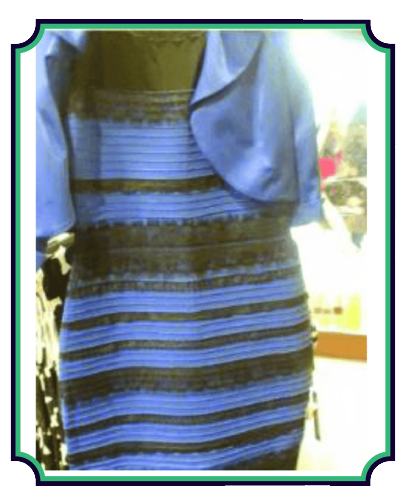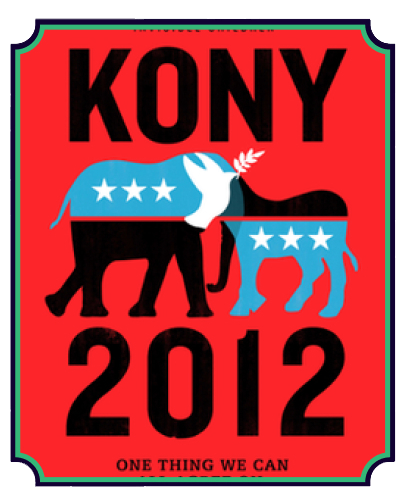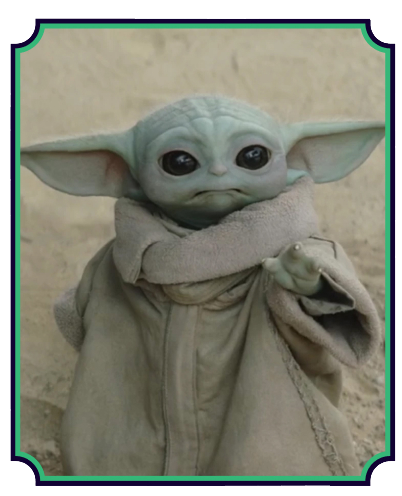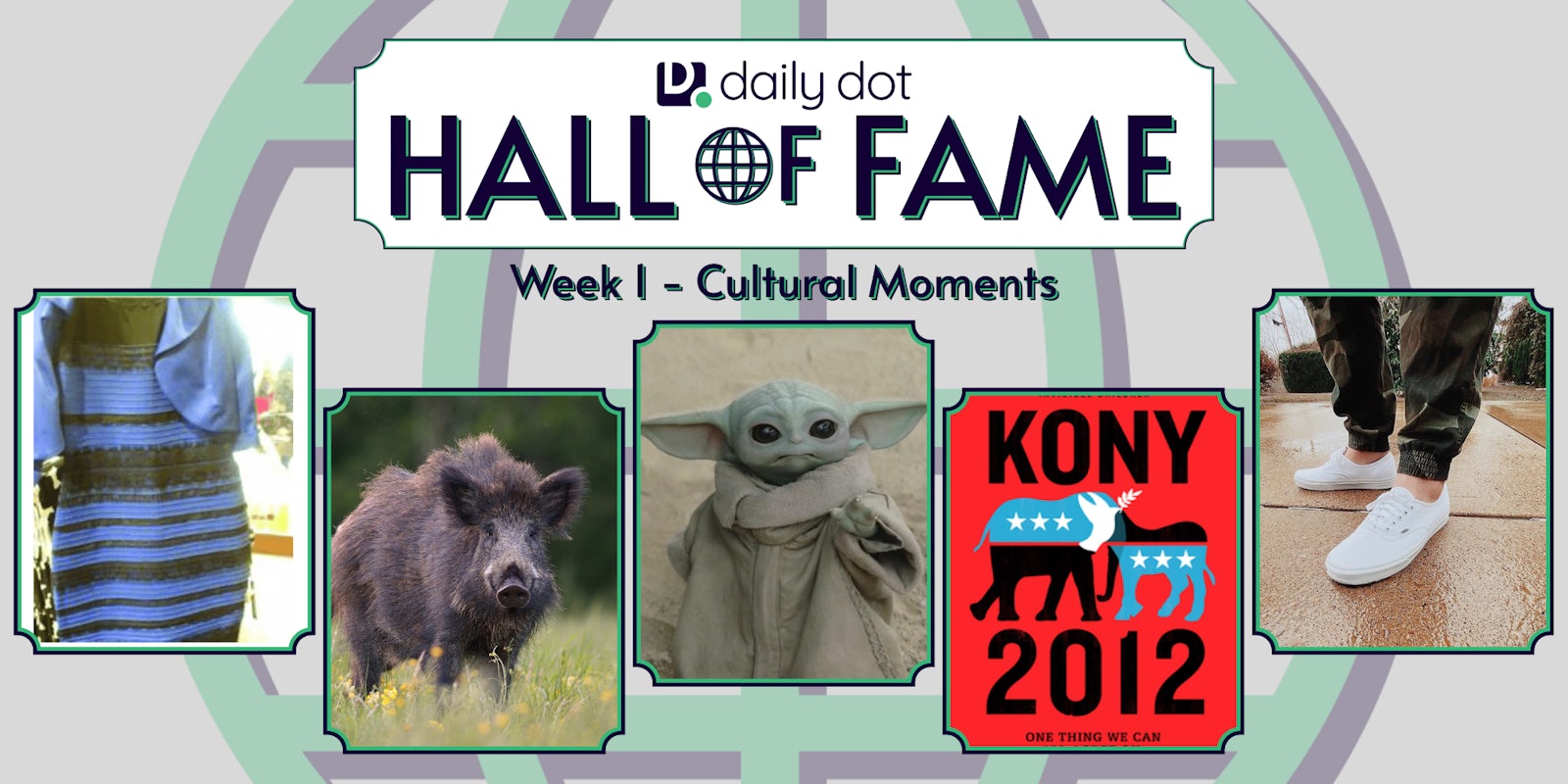
It’s like the song goes: The past is a grotesque animal. So after 11 years of diligent internet culture reporting, the Daily Dot needed a hall of fame to properly catalog the icons who changed our online lives for the better.
The internet has turned its longtime residents into bleary-eyed nomads who stay connected via esoteric memes, shared experiences, and a fondness for its heroes. These heroes are vanguards who made us laugh, cry, and escaped getting canceled. Erotic literary masters like Chuck Tingle who make the world a better place with subversive novellas about gay dinosaurs. Anti-heroes like Pepe the Frog. These characters deserve fake internet trophies.
In October, our newsletter readers will vote on 5 categories—each made up of 5 nominees offered up by the editorial staff—and the 5 winners will become the inaugural Daily Dot Hall of Fame inductee class.
Nominees must have appeared online at least a year ago. It’s about standout alter egos puppeteered by anonymous geniuses, stock photographs that took on a life of their own—pop singer Lorde is eligible only because she once ran a secret Instagram about her favorite onion rings, for example.
These characters exist in our hearts, and even as tattoos. We’re thrilled to finally reward them with fake internet trophies.
If you want to vote in the next round of the Daily Dot Hall of Fame, sign up for web_crawlr to get the best and worst of the internet in your inbox.
Week 1: Cultural moments
The Dress

Is it black-and-blue or gold-and-white? On Feb. 26, 2015, a debate about the color of a Roman Originals dress sold in the U.K. broke us. What you saw suddenly said a lot about you. It was officially blue, by the way, and I was lambasted via work chats by my bosses for only assigning one story about it on that fateful night. As Miles Klee wrote a year later, “The Daily Dot cannot ignore the legacy of #TheDress any more than its competitors can. We needed to add to the existing archive of 31 stories we’ve so far published about or in reference to this unholy trash garment.”
What did it all mean? It’s the “Kung Fu Fighting” of internet culture: Yes, a one-trick pony of a hit but also an everywhere moment so vapid that it became anything you wanted. A mark, a mission, a brand—a scar.
30-50 feral hogs

What if the key to the gun control debate was examining it through the mind of a humble libertarian on Twitter who said that he needed an assault rifle to kill overpopulated and violent hogs?
As Daniel Coyle posited in The Culture Code, which examines secrets of highly successful groups like Navy SEALS and Gregg Popovich’s San Antonio Spurs, focusing on these bar-setting behaviors is an excellent way to build purpose and translate abstract ideas into concrete terms.
Here, of course, the argument failed because it was short-sighted and ridiculous. But “30-50 feral hogs” is a lasting reminder that to debate online with strangers will always be devoid of upside.
Damn Daniel

Every day for several days, a teen named Josh praised his classmate Daniel’s outfit while filming the interaction. The resulting supercut of him going “Damn Daniel, back at it again with the white Vans” became an inescapable catchphrase that made its way to Ellen DeGeneres. If The Simpsons can predict the future, then it saw Daniel coming with “I Didn’t Do It.” And like Bart Simpson’s 15 minutes of fame, the laughs were fleeting and to this day no one knows what happened to Daniel. (He was a responsible person during COVID, apparently, and quarantined.)
Yet we like Daniel over, say, Alex From Target, because it crumbled boundaries and made male friends more prone to complimenting each other. Just the other day, my colleague David Covucci told me that he had a nice new vest ready to debut when the weather cooled this month. Without thinking twice I told him I can’t wait to see him sport that new vest.
That’s Daniel’s legacy.
Kony 2012

Ten years ago, nonprofit Invisible Children released a documentary about Joseph Kony, a Ugandan warlord. The video was intended to raise awareness on social media about his crimes and in March 2012 did so by going viral across Facebook, Reddit, YouTube, Twitter, and Vimeo in historic fashion.
Then came the backlash.
The documentary was accused of diverting nonprofit resources that could have gone to aid; moreover, it sparked a debate about slacktivism. How much can you really do when all you do is retweet a problem?
Then came the memes. Kony 2012 reads like a campaign slogan and the language was used ironically as stickers on high school lockers. His face became doctored across many insensitive and sometimes racist memes that flourished on 4chan. It was the summer of Kony.
One text-based meme summed up the sentiment, where a movement became so famous online that no one knew what it was actually trying to do (get the leader of a child rebel army arrested), best: “I still don’t know what Kony 2012 was about and at this point, I’m too afraid to ask.”
Baby Yoda

Yes, the infant version of Yoda was a deeply cynical merchandising play. But we listen to our readers and in the history of the Daily Dot, no meme was a bigger sensation than Baby Yoda.
Our Baby Yoda explainer is the most-read meme story in the history of the Daily Dot. It’s easy to understand why: He is familiar, pure, adorable, and tangible across mugs, T-shirts, plush dolls, you name it. As Don Draper would say, “Finally, something beautiful you can truly own.”
To vote in next week’s round, sign up for the Daily Dot’s web_crawlr newsletter!


